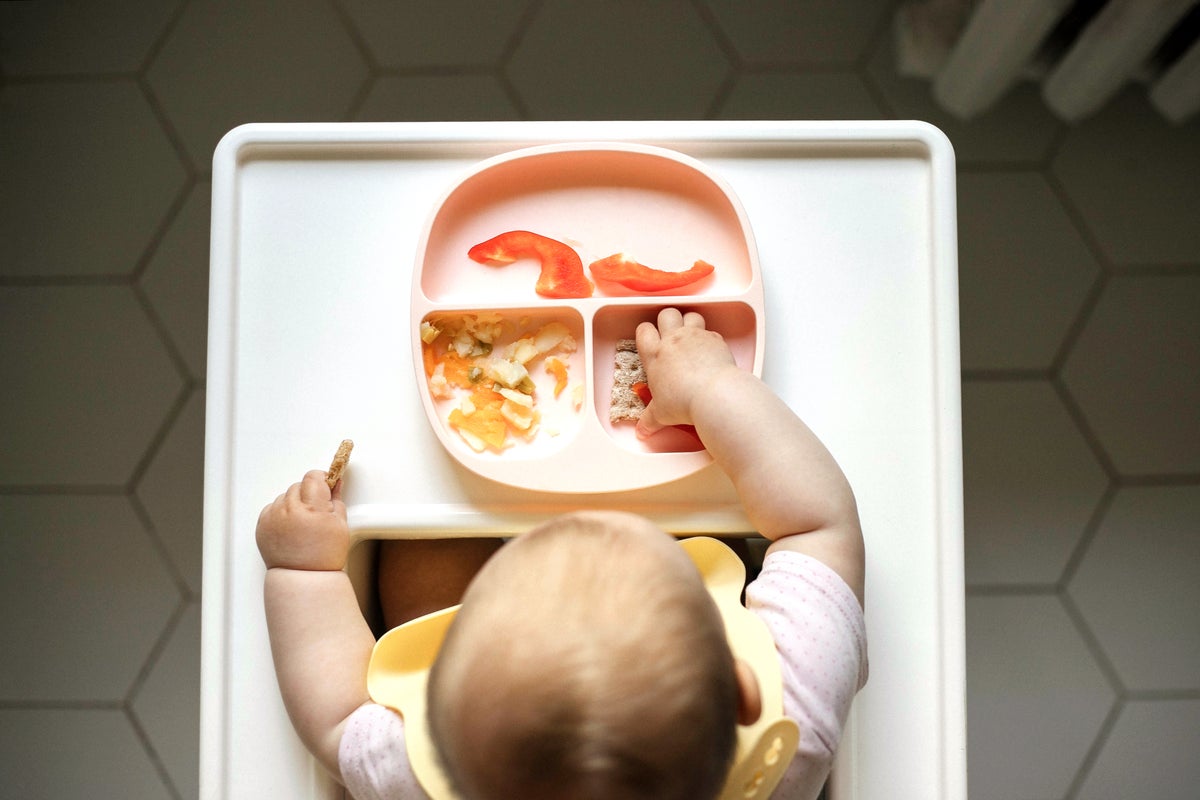Now Reading: U.S. Baby Gut Microbe Deficiency Linked to Asthma and Allergies
-
01
U.S. Baby Gut Microbe Deficiency Linked to Asthma and Allergies
U.S. Baby Gut Microbe Deficiency Linked to Asthma and Allergies

Fast Summary:
- A significant study, “My Baby Biome,” found that over 75% of U.S. infants are deficient in key gut bacteria linked to healthy microbiomes.
- Deficiencies in gut microbes increase risks for autoimmune disorders such as asthma, allergies, and eczema.
- Key findings:
– Only 24% of infants had a healthy microbiome with beneficial Bifidobacterium species.
– A quarter of babies lacked detectable levels of Bifidobacterium, exposing them to harmful microorganisms and antimicrobial-resistant bacteria.
– Breastfeeding and vaginal births boost Bifidobacterium, but alone are insufficient for optimal microbiome health.
- There is no correlation between demographic or socioeconomic factors and microbial deficiencies; this issue appears worldwide among babies across populations.
- Comparative studies link modern industrialized lifestyles, including reduced breastfeeding rates and antibiotic overuse, with declines in beneficial gut bacteria.
!Overhead view of infant baby eating at the table for feeding
Image Source: Evgeniia Siiankovskaia/getty Images
Indian opinion Analysis:
This study highlights critical insights into infant health worldwide that may resonate deeply within India’s evolving healthcare system. While the research primarily focuses on U.S. babies, its implications should raise awareness in India regarding similar risks tied to lifestyle changes stemming from urbanization and industrialization. Trends such as decreased breastfeeding rates among working mothers or increased antibiotic use could contribute to declining gut microbial diversity among Indian infants too.
India’s population is demographically diverse-a factor similar to the data pool used here-making it imperative to proactively study local infant microbiomes across socioeconomic strata. The universality suggested by these findings implies that interventions like encouraging breastfeeding or regulating antibiotic use might be essential public health measures globally.
Moreover, fostering awareness about gut health can support India’s struggle against rising incidences of allergic diseases-a growing concern within urban areas due to environmental shifts akin to those identified globally.
For further reading: scientific American
























